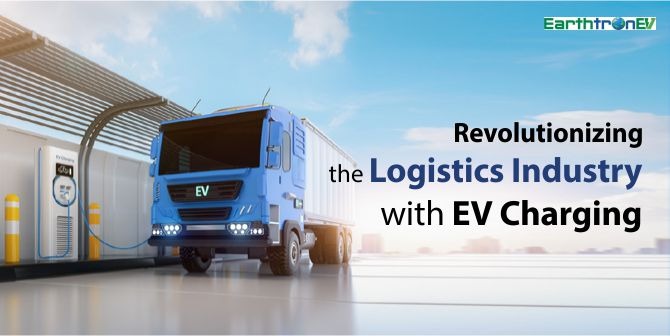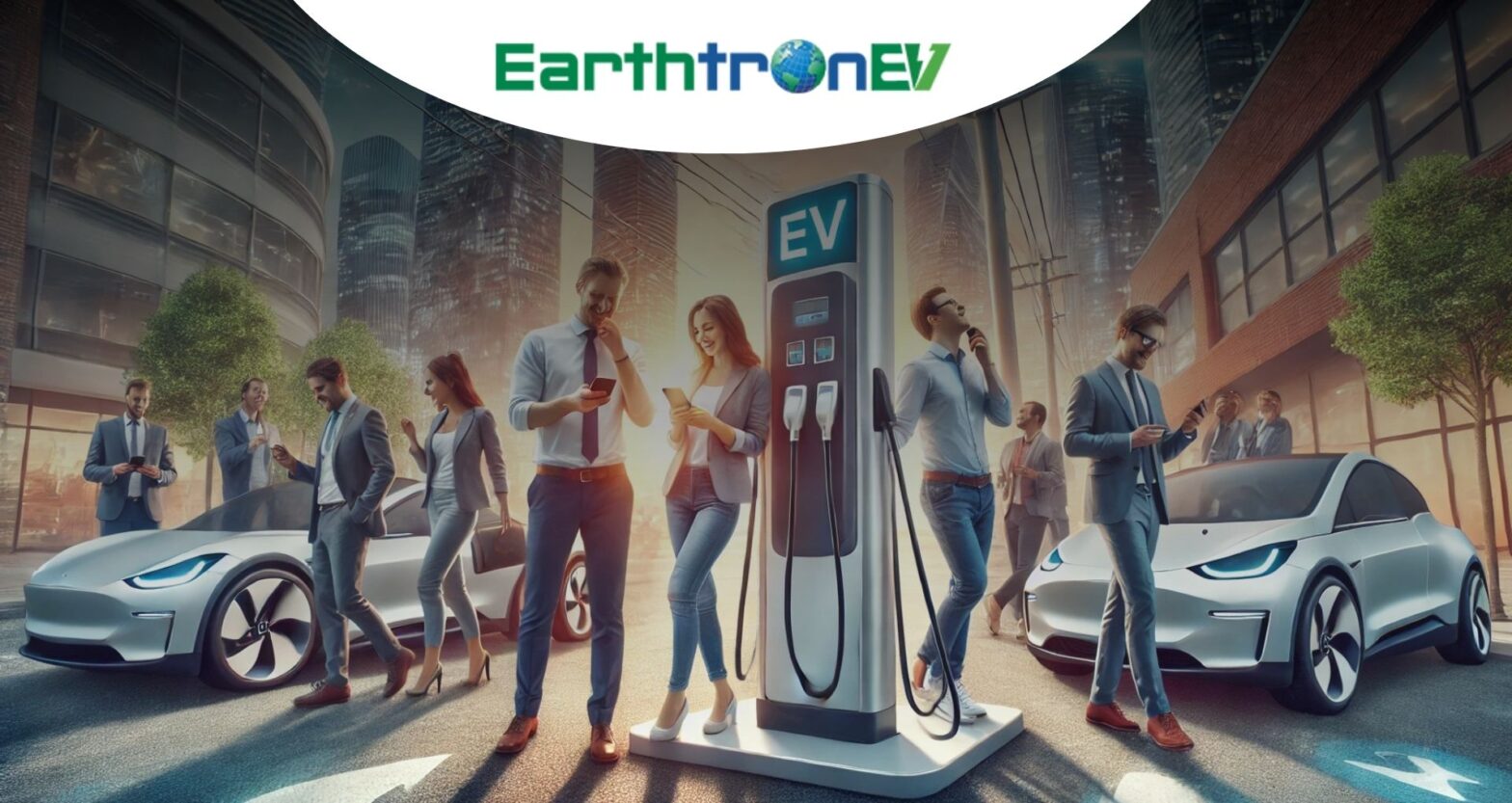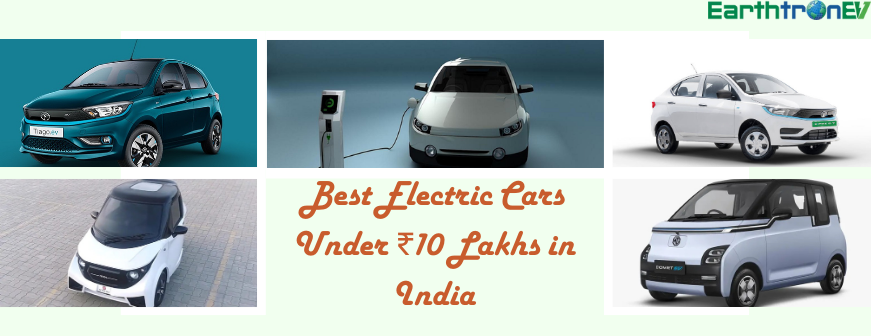As climate change continues to impact our planet, industries worldwide are forced to rethink their practices and adapt to reduce their carbon footprint. From electric trucks and drones to cargo bikes and trains, the future of transportation looks greener than ever.
This blog post explores the exciting possibilities for sustainable transport in the logistics industry and how these changes will shape our world for generations.
Introduction to Sustainable Transportation in the Logistics Industry.
As the world becomes increasingly more digital, the logistics industry is under pressure to find ways to reduce its environmental impact.
Sustainable transportation in the logistics industry refers to transport systems designed to be environmentally friendly and efficient. This includes using alternative fuels, investing in green infrastructure, and adopting new technologies that can help reduce emissions.
There are many benefits to implementing sustainable transportation solutions in the logistics industry. In addition to reducing environmental impact, sustainable transportation can improve efficiency and productivity, save money, and create new jobs.
Despite the many benefits of sustainable transportation, some challenges still need to be addressed before the logistics industry can widely adopt it. These challenges include more infrastructure, high costs, and regulatory barriers. However, with continued investment and innovation, these challenges can be overcome, and sustainable transportation can become a reality in the logistics industry.
Benefits of EVs for Logistics
Quieter operation: EVs are much more modest than ICE vehicles, so they can be used in noise-sensitive areas without disturbing the peace. This is especially beneficial for nighttime deliveries in residential neighborhoods.
Sustainability: As mentioned above, EVs produce zero emissions, making them a more sustainable option than ICE vehicles.
Challenges of Adopting EVs in the Logistics Industry
The challenges of adopting EVs in the logistics industry are many and varied. They include everything from the high cost of purchase and installation to the lack of charging infrastructure to the challenges of training drivers and maintenance staff on operating and maintaining these new vehicles.
Many challenges come with operating EVs in a fleet setting. For example, fleet managers must consider range anxiety, vehicle uptime, and driver behavior when planning routes and schedules. Additionally, they must have a plan for dealing with flat batteries or other issues that may arise during operation.
Despite these challenges, adopting EVs in the logistics industry has many benefits. With proper planning and execution, these benefits can outweigh the challenges and help to make EVs a successful part of any logistics operation.
The Role of EV Charging Infrastructure in Sustainable Transportation
As the world progresses, the transportation industry is under increasing pressure to become more sustainable. This is due to the negative environmental impacts of traditional transportation methods, such as vehicle emissions and reliance on fossil fuels. The logistics industry is no exception, and sustainable transportation solutions are becoming more critical.
The role of EV charging infrastructure in sustainable transportation is clear: it is essential for developing and growing electric vehicles. With adequate charging infrastructure, electric cars could function as a viable option for long-distance travel or as a primary means of transportation.
With a suitable investment in EV charging infrastructure, however, electric vehicles can play a significant role in transforming the transportation sector into a more sustainable one.
Successful EV Charging Infrastructure Implementation Case Study
A recent study by the National Renewable Energy Laboratory (NREL) found that there are many factors to consider when planning and implementing an EV charging infrastructure, including:
- The type of charger needed (e.g., Level 1, Level 2, or DC fast charger)
- The number of chargers needed
- The location of chargers (e.g., on-street, off-street, or at a business or workplace)
- The cost of installation and operation
- The impact on the electrical grid
The NREL study also found that there are many benefits to implementing an EV charging infrastructure, including:
- Reduced emissions from EVs
- Reduced dependence on petroleum fuels
- Reduced operating costs for EVs
Many case studies show the successful implementation of EV charging infrastructure. One such case study is from the City of Boulder, Colorado, which has been working to implement an EV charging infrastructure since 2010.
As part of its effort, the city has installed over 200 public chargers and worked with businesses and organizations to install another 400 chargers. The city has also developed an online map.
Recommendations for a Smooth Transition to EV Chargers in the Logistics Industry
The logistics industry is responsible for a large share of the world’s transportation, significantly impacting the environment. The good news is that many sustainable transportation options are available that can help reduce the industry’s environmental impact.
- Work with your local utility company to ensure enough electrical capacity to charge your EVs.
- Install EV chargers at all your facilities, and ensure they are compatible with all EVs.
- Train your employees on how to use EV chargers, and ensure they understand the benefits of driving an EV.
- Promote the use of EVs among your customers and partners, and encourage them to install EV chargers at their facilities.
- Advocate for government policies that support the adoption of EVs in the logistics industry.
Why choose us?
We expect to see even more advancements in sustainable transportation in the coming years through improved technology, alternative fuels, and new regulations. Companies that invest now will benefit from these changes, as they will help them remain competitive while reducing their environmental impact.
We look forward to seeing how this field continues to evolve and what new solutions it brings for a better future.







